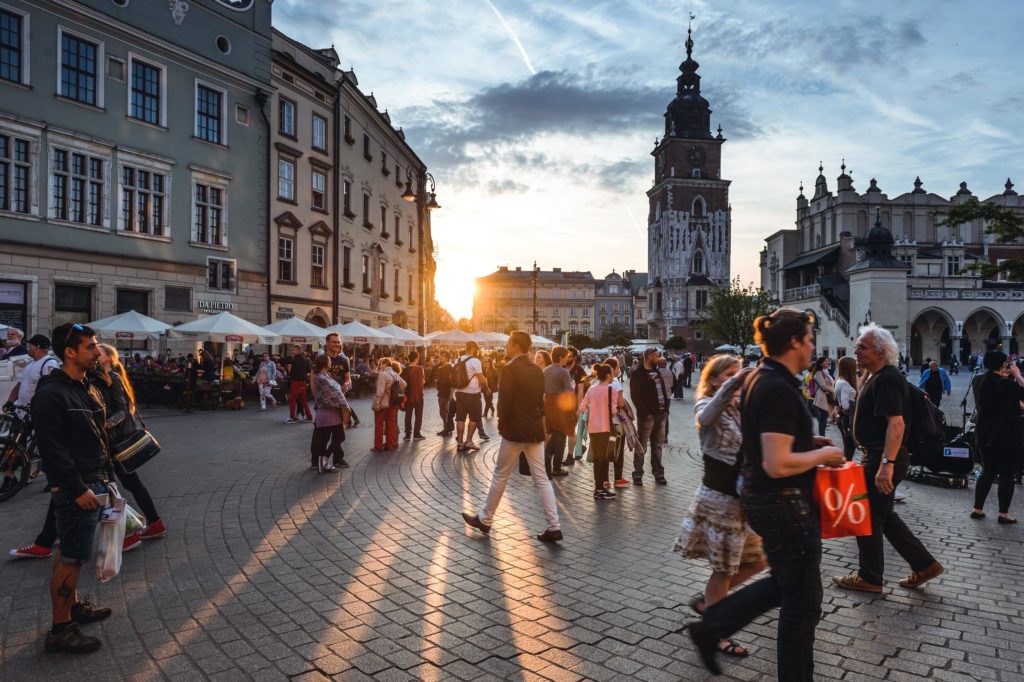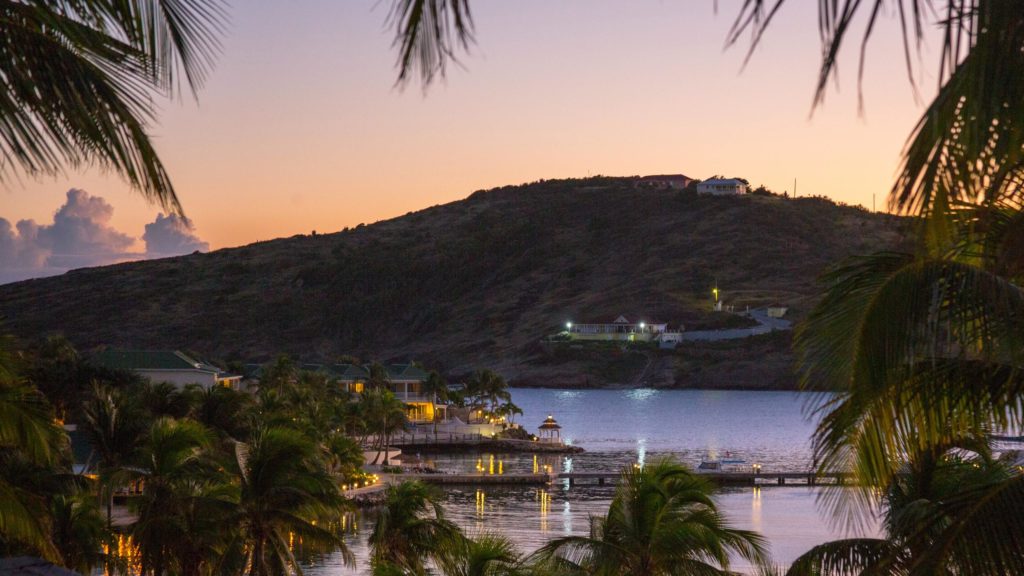Overview of Malta
Malta is a Southern European island country, which consists of an archipelago in the Mediterranean Sea. It lies 80 km south of Italy, 284 km east of Tunisia, and 333 km north of Libya. The country covers area just over 316 km2, with a population of just below 450,000 making it one of the world’s smallest and most densely populated countries.
General information
- Population: 445426
- Official language: Maltese, English
- Area: 316 km2
- Ethnic groups: Maltese: 95.17%, Other: 4.83%
- Capital: Valletta
- Government: Unitary parliamentary republic
- GDP (PPP): $18.404 billion
- Currency: EUR
- ISO code: MT
- Time zone: UTC +1 Summer time: UTC+2

Climate and culture
Malta’s geographical location in the middle of the Mediterranean has historically given it high strategic importance as a naval base, and therefore a succession of powers, including the Carthaginians, Phoenicians, Romans, Greeks, Normans, Byzantines, Sicilians, Moors, Spanish, Knights of St. John, and finally French and British, have ruled the islands.
Valletta is the capital of Malta; it is just 0.8 km2 and is therefore the smallest national capital in the European Union by area. Malta has one national language – Maltese – and English as an official language.
Malta has a long Christian legacy and its Archdiocese of Malta is claimed to be an apostolic see, because, according to Acts of the Apostles, St Paul was shipwrecked on “Melita”, now widely taken to be Malta. The official religion in Malta is Catholicism.

It is also a highly popular tourist destination with its numerous recreational areas, warm climate, as well as historical and architectural monuments, including three UNESCO World Heritage Sites: Valletta, Ħal Saflieni Hypogeum, and seven megalithic temples, currently being some of the oldest free-standing structures in the world.
Immigration and tourism in Malta
With 1.6 million tourists per year, there are three times more tourists visiting Malta than there are residents. Tourism infrastructure has progressed dramatically over the years and numerous hotels are present on the island, nevertheless, the destruction of traditional housing and overdevelopment is of growing concern.
In recent years, Malta has positioned itself as a medical tourism destination, and various health tourism providers are working to develop the industry. Interestingly, no Maltese hospital has received independent international healthcare accreditation. Nevertheless, British medical tourists often choose Malta as their destination, therefore Maltese hospitals are currently seeking UK-sourced accreditation, such as with the Trent Accreditation Scheme.
Malta also offers two golden visa programs: one – for citizenship, and one – for permanent residency. Indefinite residency program grants indefinite residency rights in exchange for a minimum 250,000 EUR investment in Maltese government bonds for at least 5 years, 30,000 EUR contribution to the State Fund of Malta as well as a purchase or rent of a property. For high net worth clients Malta offers Individual Investor Program that includes citizenship and a Maltese passport in exchange for different contributions totalling approximately 1.2 million EUR. The IIP also grants a European citizenship and ability to live, study or work in EU.

If you want to relocate to Malta: check available immigration programs:
Major features
Malta is widely known as a tourism destination due to its mild climate all year round, rich culture and a history that is dating back 7000 years. But numerous other features make the country as a very suitable destination for business and investments. While Maltese and English are official languages, Italian and French are also widely spoken. Moderate cost of living and advantageous tax rates provide financially affordable environment, while low crime rates together with political and economic stability are only two of the reasons why Malta has been voted as one of the best countries to retire.
If you want to know more about Malta: read here.